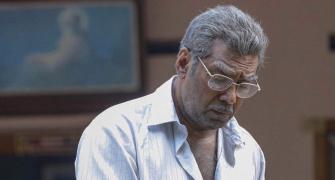'Any language I know or character I can convincingly portray is an opportunity, immaterial of which industry it's in.'
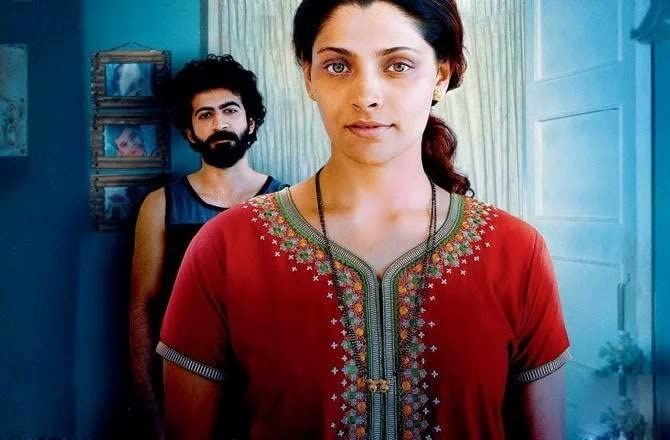
With powerful performances in Viswasapoorvam Mansoor, Mothoon, Kappela, C U Soon and Annum Pennum, Roshan Mathew is rapidly acquiring the reputation of the most promising actor of his generation.
Roshan remains modest as he chats with Subhash K Jha and says, "I've been trying not consciously try to get anywhere. Let's see how this goes and where I end up."
You have been working right through the COVID crisis. What's that like?
I'm thankful that I got to do a bit of work in between everything that's been happening.
It was much needed, and in more ways than one, it's what has kept me going.
The experience of working since the onset of COVID has been strange for sure, but mostly only until you start the shoot. Especially when it's a bio-bubble shoot, which is how work has been happening, once you get used to the new protocols and ways of functioning, it's a pleasant bubble of safety to be in and work out of.
It's definitely the best we can wish for in a time like this when there are bigger problems out there than long periods of no work.
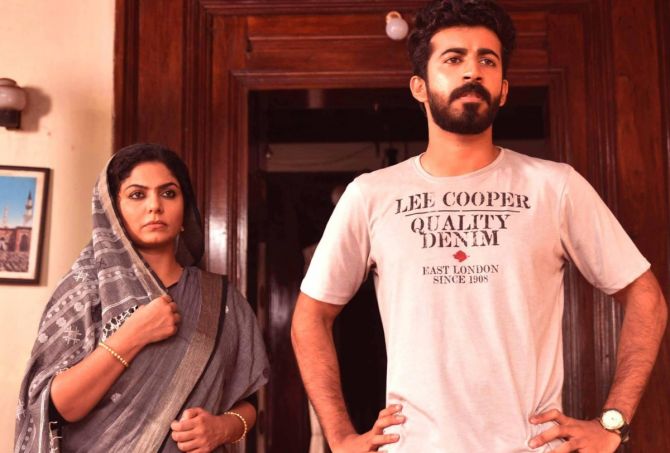
You had three releases in 2020, two already in 2021 and four coming up. Isn't that a lot of work?
I was fortunate to get to do a good amount of work in 2019.
Most of that is what released in '20, apart from C U Soon which was made during the lockdown.
Once work resumed towards the end of last year, there were a handful of projects that were already waiting to go on the floor.
I'm very excited about the people I'm collaborating with and I hope what comes out is exciting too.
Many, including me, believe the best films in India are being made in Kerala. Do you agree?
How do we explain the qualitative excellence of Malayalam cinema, the sheer intellectual heft of films like Mothoon, Joji and C U Soon?
I happened to be part of a discussion with some of the best minds in Malayalam cinema and it was very insightful, listening to them talk about their views on this industry.
From what they've said, and from what I've seen around me, I think the freedom that film-makers enjoy here, an audience that holds the industry to high standards while being open and receptive, and the lack of fixed moulds that people try and fit into are may be some of the reasons.
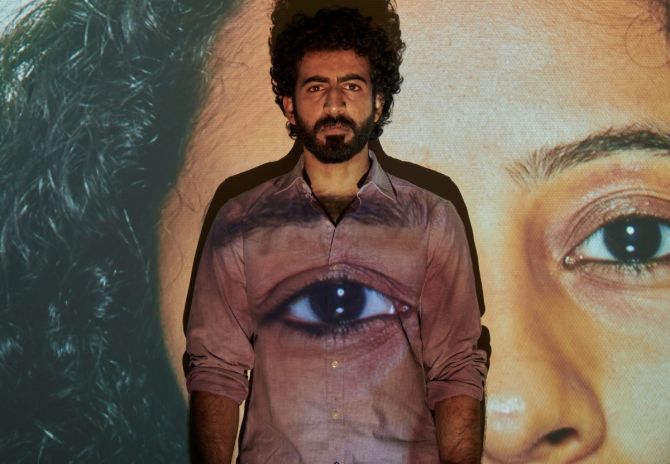
You are being perceived as the next brilliant actor from Kerala after Fahadh Faasil and Dulquer Salmaan. How do you respond to this? Do they put the burden of over-expectations on you?
I'm unaware of this, and I'm glad.
These are huge shoes to fill, and they are big inspirations.
Working with Fahadh Faasil made me admire him even more than I did earlier.
But as much as I do, I think it's very important to not try and follow what they've done.
There's no route you can take in this field of work, you have to make your own.
I've been trying not consciously try to get anywhere. Let's see how this goes and where I end up.
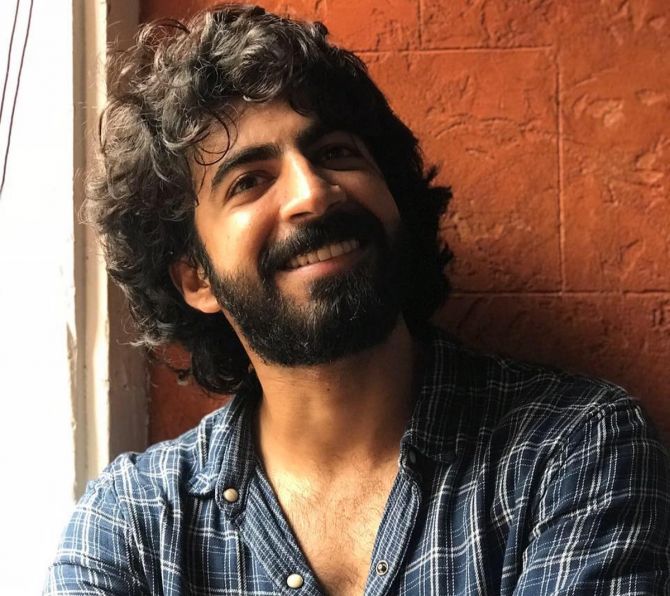
You made your brilliant Hindi debut in Choked. Now you have Darlings. How important is it for you to reach out to a pan India audience?
I've never seen strict boundaries in what we do.
Stories are universal, and any language I know or character I can convincingly portray is an opportunity, immaterial of which industry it's in.
It's great to reach out to a wider audience, but what is even more fun is to collaborate with as many different people who excite you as possible, from as many different contexts.
Tell me about your plans and projects in the coming months.
Once the situation is better, and we're all in a safer place, there are a few interesting projects waiting to start.
There's hardly any clarity on what will begin when, so I'll just stick to saying this.
My upcoming releases are Kuruthi and Chaturam, but they might only happen over some time.
What's important now is that we get past this and that we do everything we can to help ourselves and others around us.
I'm learning to prioritise that over everything else.
Feature Presentation: Rajesh Alva/Rediff.com




